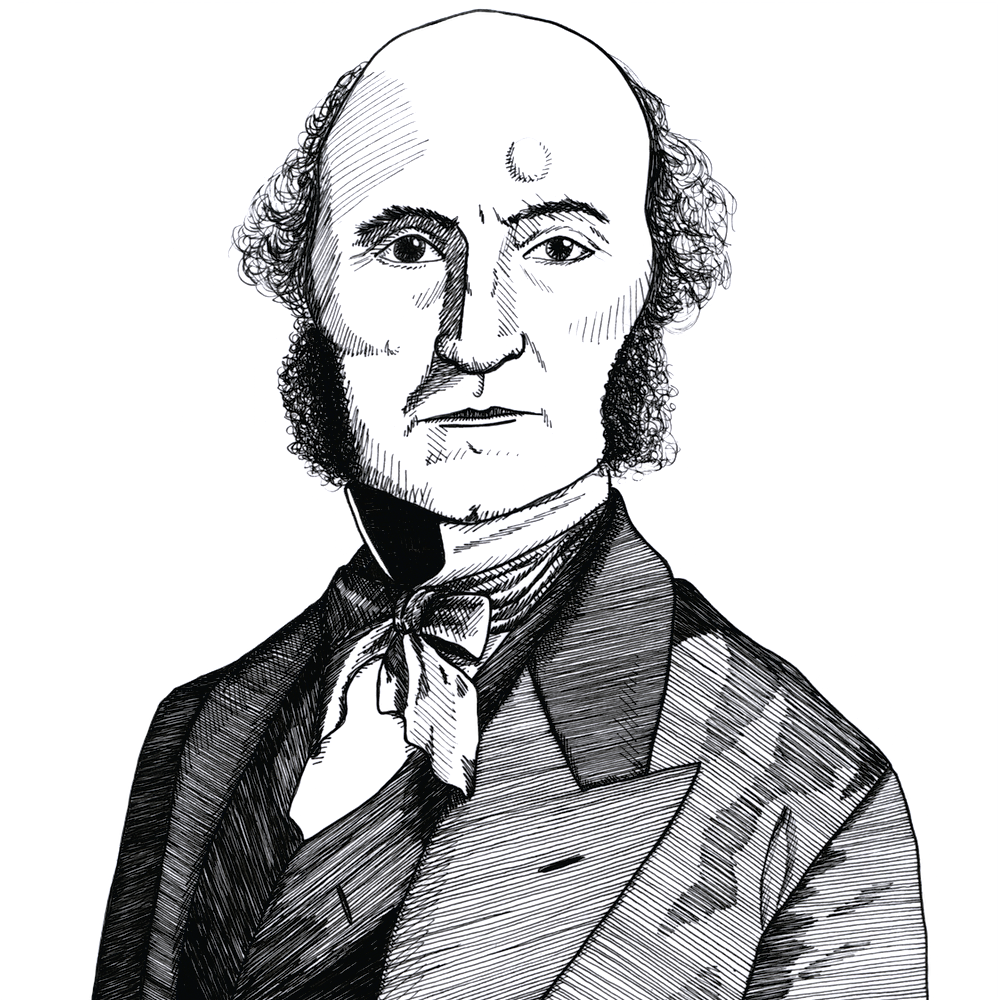
John Stuart Mill on the “religion of humanity” (c. 1858)
Found in: The Collected Works of John Stuart Mill, Volume X - Essays on Ethics, Religion, and Society
The English utilitarian philosopher John Stuart Mill (1806-1873) thought that many of the functions of religion could be better served by directing one’s emotions and desires towards the ideal of the unity of mankind and a respect for the general good which he termed the “religion of humanity”:
Religion & Toleration
If, then, persons could be trained, as we see they were, not only to believe in theory that the good of their country was an object to which all others ought to yield, but to feel this practically as the grand duty of life, so also may they be made to feel the same absolute obligation towards the universal good. A morality grounded on large and wise views of the good of the whole, neither sacrificing the individual to the aggregate nor the aggregate to the individual, but giving to duty on the one hand and to freedom and spontaneity on the other their proper province, would derive its power in the superior natures from sympathy and benevolence and the passion for ideal excellence: in the inferior, from the same feelings cultivated up to the measure of their capacity, with the superadded force of shame. This exalted morality would not depend for its ascendancy on any hope of reward; but the reward which might be looked for, and the thought of which would be a consolation in suffering, and a support in moments of weakness, would not be a problematical future existence, but the approbation, in this, of those whom we respect, and ideally of all those, dead or living, whom we admire or venerate.